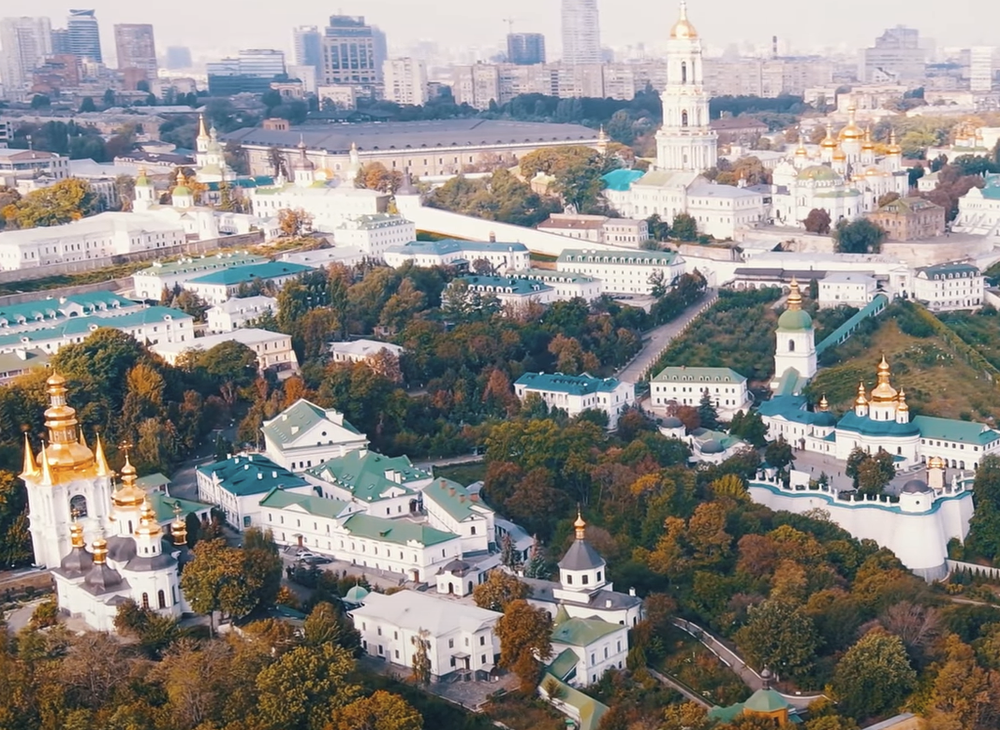Almost eight months ago, Queen Elizabeth II’s death at age 96 ended her remarkable 70 years on the British throne.
Now all eyes — billions of them anyway — turned to the coronation of her son, King Charles III.
Since this post was written late last week, consider this a pre-event round up the top headlines and best reads in the world of faith. GetReligion folks will be looking at the coverage of the event itself — if there are mainstream stories about the faith component in the rites.
What To Know: The Big Story
Protecting all faiths: “Prayer and contemplation will accompany pomp and celebration on Saturday when King Charles III is anointed with vegan holy oil consecrated in Jerusalem and the Archbishop of Canterbury places the St. Edward’s Crown on his head for the first time,” the Washington Times Mark A. Kellner notes.
Saturday’s coronation “will not be the ‘woke’ mash-up some conservatives feared but will be unprecedented in its inclusivity,” the Washington Post’s William Booth reports from London.
“The new king wants to present himself not only as the ‘Defender of the Faith,’ meaning the Church of England, but all faiths, here and across the realm,” the Post adds.
Emphasis on diversity: “Religious leaders representing the Buddhist, Hindu, Jewish, Muslim and Sikh traditions will for the first time play an active role in the ceremonies,” according to The Associated Press’ Danica Kirka.
More from AP:
At a time when religion is fueling tensions around the world — from Hindu nationalists in India to Jewish settlers in the West Bank and fundamentalist Christians in the United States — Charles is trying to bridge the differences between the faith groups that make up Britain’s increasingly diverse society.










